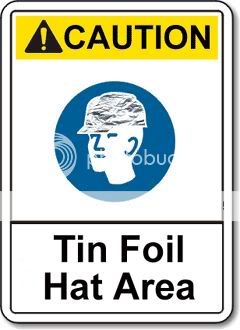Excuse me but - so what? The dead are the operator, and anyone onboard. The public was not needlessly endangered although I admit they could possibly have been.
Can you legislate stupidity out of the flying public? Should you legislate stupidity out of society? Just a few months ago a seasoned pilot took off from Angel Fire in a Mooney with 4 up in 35-40Kt x-wind conditions. He was warned, by the ops manager, he was advised against by flight service, he checked, and rechecked his weather, and made his decision. All died.
None of them wanted to die, but all of them chose GA to do what they wanted to do, and made the decisions they made. Of course they could have made better decisions. Anyone can see that in hindsight, but how much oversight do you want?
This isn't about changing training, or making people more aware of potential failures, it's about living your life the way you want. Pilot want's to stretch his fuel cause he's cheap, so how are you going to fix that? Pilot knows the weather is adverse, but still launches anyway. Should the ops manager have closed the runway? Should he have that power, to shut things down because of the x-wind?
These are not rhetorical questions. If this is what you want to do to get to with the increase in regulation, count me out. I've made bad decisions too, and I've paid for them, thankfully, not with the full measure but I paid enough.
Comparing to wheeled transportation, will the feds be satisfied if we reduce the accident rate to the 135 level, like the commercial buses? NO! They will then demand we get to the ATP level, with the concomitant costs involved.

 Not.
Not.
